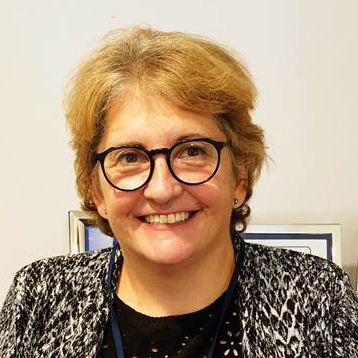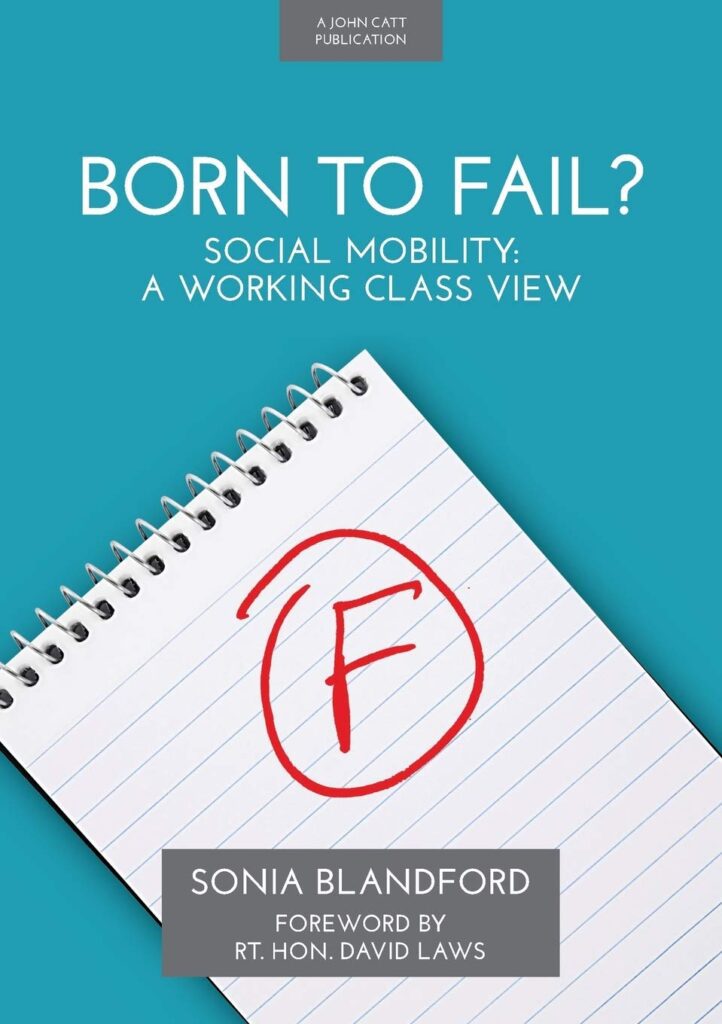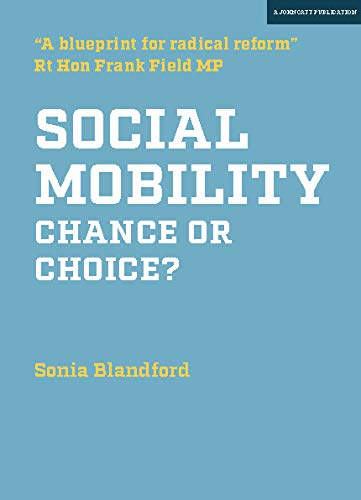Biog: Sonia Blandford is the founder and CEO of Achievement for All, a leading not-for-profit organisation that works in partnership with early years settings, schools and colleges to improve outcomes for all children and young people. A prolific author, Sonia’s titles include the brilliantly honest Born to Fail? Social Mobility, A Working Class View.

Sonia Blandford
What are you reading?
The title of rower Matthew Pinsent’s, autobiography, A lifetime in a race, made me want to read it – biographies give me a breadth of understanding of the world and how people learn. I read quite dense reports every day so it’s nice to be transported by Dawn French’s funny novel According to Yes.
Sonia Blandford is a visiting professor at three universities and has just signed a contract to write her 54th book, but she didn’t really take to reading until she was 15. “Because of the family economy I started work very young, my first salaried job was at 12 on the sweet counter at Woolworths,” recalls Sonia. “Two blocks from Woolworths was the library, so I used to walk past it quite a lot. One evening I went in and looked at all the books. I was so nervous, but I thought ‘I’ve got to make a start’. The library used the old Dewey system, so I was by Jane Austen and grabbed Emma. Reading it I loved the way it took me to a period I’d never heard of.”
Speaking from Newbury, Berkshire where she is now based, Sonia explains that her life as a disadvantaged working-class child was expected to turn out rather different. “I have a twin sister and we were part of a project running from 1958-1973 called ‘Born to Fail’. We were part of this because the people on our housing estate in Feltham (even now known for its young offenders’ institute) were moved there by the Greater London Council because of the difficulties our parents were having. My mother was illiterate and never learnt to read. My father learnt to read in the army.”
Tragically Sonia’s mother died when she took an accidental overdose, unable to read the doctor’s prescription.
Fired by sheer grit and a reluctance to spend her life doing repetitive factory work Sonia became the first member of her family to pursue education beyond the age of 14. Although she “went to college and devoured books,” eventually training as a music teacher, it was a tough journey.
“We didn’t have a school library; I never did homework at home because there wasn’t space, and the curriculum wasn’t appropriate. I failed the 11+ and took 21 attempts to get 10 ‘O’ levels (today’s GCSEs). A large part of my failure was because of that social and cultural misfit: you can’t talk about theatre and Macbeth if you’ve never been to the theatre. Your learning point is way behind others who don’t live your life.”
But Sonia’s experiences growing up have turned her into an equalities champion for social mobility. She now works closely with educators and is founder and CEO of the charity Achievement for All which runs the 200 Million Minutes Reading Challenge. In 2020, despite launching a few days before lockdown it still saw 14,938 children reading for 7,484,400 minutes, an average of 501 minutes per reader.
The year before minutes were logged on bookmarks and even more teachers and librarians were involved. https://afaeducation.org/ www.200millionminutes.org
“Librarians have such a knowledge. When you walk into a library you might think how many books have I read, or not read, or what’s on the shelves are just a small fraction of the world’s books. But a librarian will be able to provide that catalogue system. Librarians have an understanding of the genre, content and thinking that goes into writing the book, and different styles. They also have this wealth of knowledge about books, and that’s something to be valued,” she says.
Sonia was asked to write her first book in 1995. “By that point I’d moved into higher education and written articles while teaching in school,” she says with a warm smile over the Teams screen. Behind her are a shelf of dictionaries used often because she still takes pleasure in finding and learning new words, often inspired by TV’s Countdown.
“Librarians can be significant others in peoples’ lives too,” adds Sonia recalling an Achievement for All project. “At a very large Midlands primary our coaches noticed the school had struggled to get children and parents to read. So, with the support of librarians they organised the walking bus to take families to the local library. Parents talked about how that visit – and repeat library trips – transformed their weekends as their children had books and engaged in school better, so they didn’t have phone calls home about their behaviour.”
Turns out that the cruelly named ‘Born to Fail’ project ended up being inspiration for Sonia’s lifework. In fact, one of her books even borrows the title, Born to Fail? A Working Class View, in a look at how education has failed to deliver social mobility for the working class while arguing that self-belief, action, confidence and support in the Early Years are crucial in overcoming disadvantage. “The original study (from the National Children’s Bureau) came up with findings that are as pertinent today as in 1973. The reason for lack of social mobility is to do with the condition of housing and access to a place where you can work or do homework,” says Sonia.
Roll on 50 years and still many families live in temporary housing or overcrowded conditions which is why access to books and a librarian’s magic can still be the best way to help spark a young person’s curiosity about life and learning. It may even change their life.
In print

Born to Fail? Social Mobility: A Working Class View
by Sonia Blandford
Born to Fail? tackles head-on issues such as why education often doesn’t matter to the working class; how education has failed to deliver for them; the importance of self-belief, action and confidence; and how the Early Years is the crucial time to build success from the start.

Social Mobility: Chance or Choice
by Sonia Blandford
With commentary from leading policy makers and practitioners, this book illustrates how together we can enhance the life chances and opportunities of working-class children in the current climate. Refreshingly written, supported by evidence, Professor Blandford is charming and frank in her approach and speaks with an overwhelming honesty.

